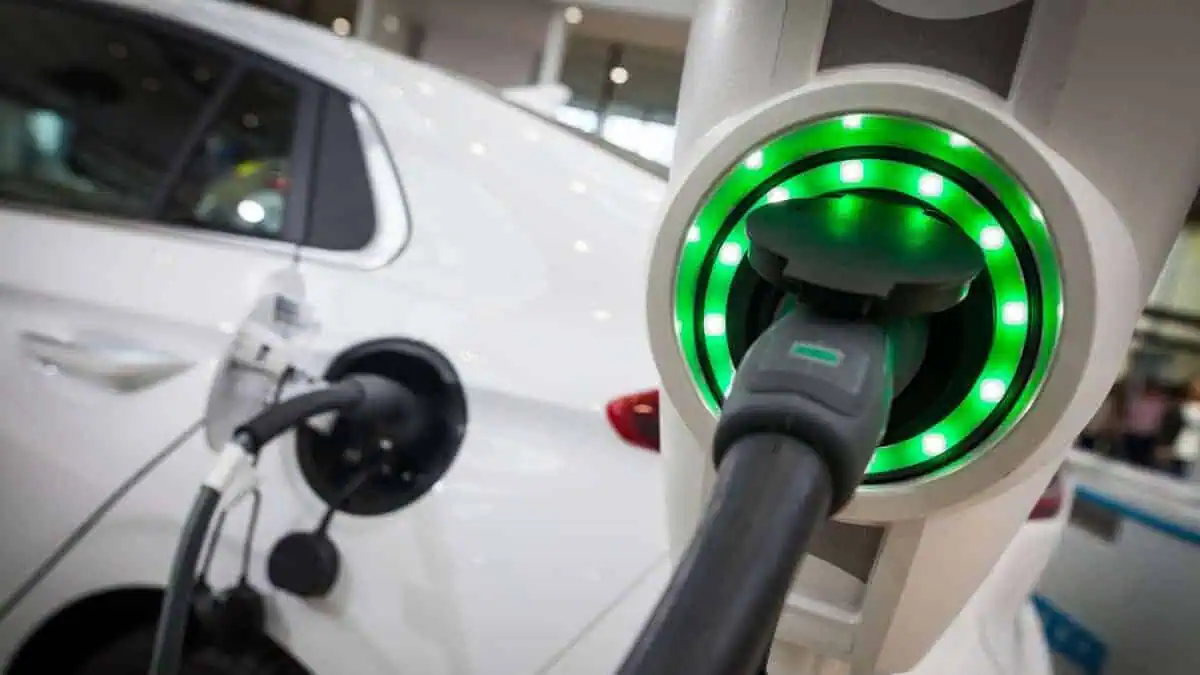China Evergrande New Energy Vehicle Group disclosed its financial problems on Thursday, saying that the EV unit may be prompted to suspend its production without fresh funding. The bad news came after the company delivered over 900 flagship Hengchi 5 units to customers, per its announcement on the Hong Kong Stock Exchange website.
Now, China Evergrande’s EV business is apparently laying off employees of its Swedish subsidiary National Electric Vehicle Sweden AB. It has also been enhancing management efficiency as part of its cost-cutting efforts.
“In face of the inability to obtain additional liquidity, the Group is at risk of discontinuing production.”
China Evergrande New Energy Vehicle Group
Need for over 29 billion yuan fresh funds
Evergrande NEV plans to develop numerous flagship EVs and hit mass production if it can raise over 29 billion yuan ($4.2 billion) funds in the future.
The overall unleveraged cash flow was projected to be between a negative 7 billion yuan and a negative 5 billion yuan from 2023 to 2026 per the plan.
Reuters reports that the EV unit’s parent company also announced on Wednesday that it aims to restructure its $22.7 billion offshore debt. Interestingly, this move may serve as a model for other struggling rivals in the nation’s real estate market.
On September 16, Evergrande NEV announced that it had begun the mass production of only model Hengchi 5 at its Tianjin factory. However, it also the mass production of the EV due to a lack of orders in December 2022.
See Also:
- Evergrande’s EV arm discontinues mass production due to a lack of orders
- China: Evergrande Group’s unit begins mass production of first EV model
- CPCA: China’s retail sales of passenger NEVs increased 32% from January
- CPCA projects NEV sales in China to surge 20% in February from January
- China: NEV sales grew 106% YoY on February 1 to 12
In hindsight, China Evergrande New Energy Vehicle Group outlined plans to start large-scale production for its second EV in H2 2023 and its third EV offering in late 2023. Moreover, it also announced a target of reaching 1 million vehicle production annually by 2025.






